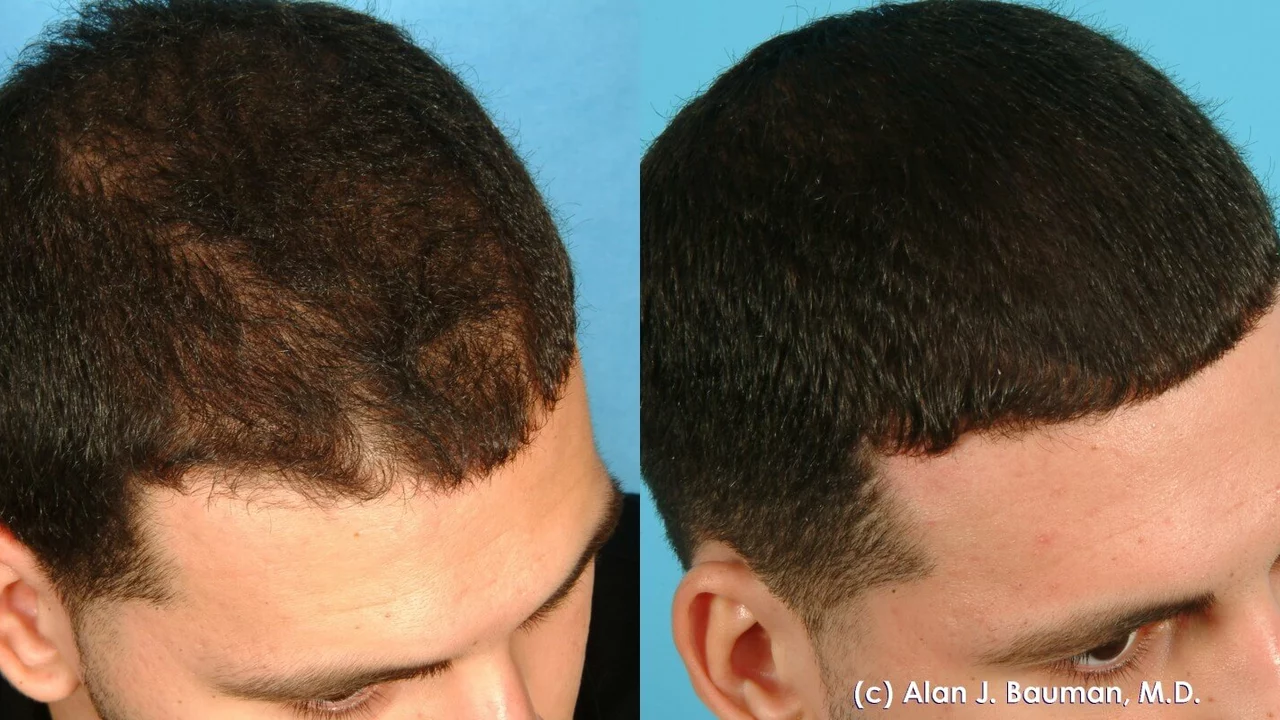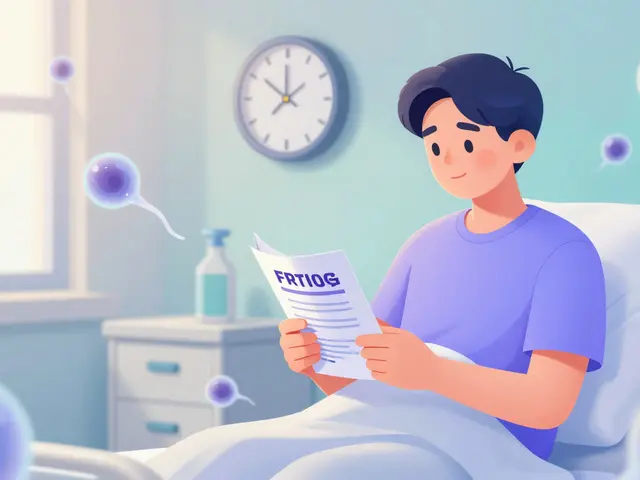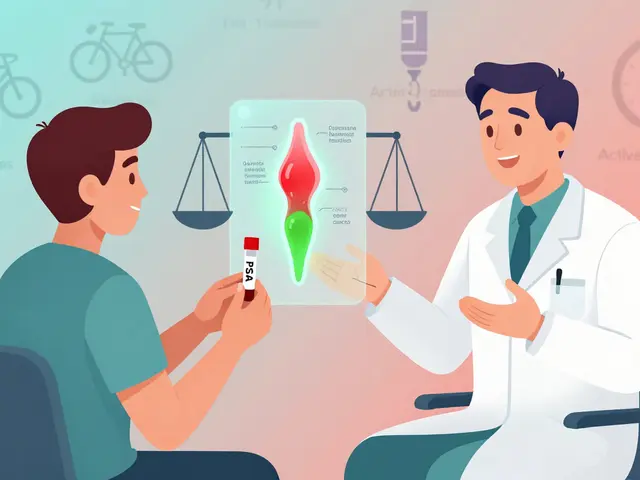Fertility Preservation Before Chemotherapy: What You Need to Know
January 19 2026Hormonal medication: practical tips on use, safety, and buying
Hormonal medications change how your body works — they can help with menopause, low thyroid, diabetes, fertility, or inflammation. That power is useful, but it means you need clear rules: get a proper diagnosis, follow dosing and lab checks, and never mix treatments without a clinician’s okay. Below are short, useful steps you can use today.
Start by naming the type you’re dealing with. Common groups: estrogen/progestin (menopause or birth control), thyroid replacement (levothyroxine, desiccated thyroid), corticosteroids (like dexamethasone/Decadron), insulin for diabetes, and fertility hormones or ovulation supports. Each one behaves differently — for example, thyroid pills want an empty stomach; steroids may require tapering; estrogen can raise clot risk for some people.
How to take them safely
Keep a simple routine. Take thyroid meds first thing with water and wait 30–60 minutes before eating. If you stop corticosteroids suddenly, contact your doctor — doses often need tapering to avoid adrenal problems. Store insulin and other injectables exactly as the label says. Always track doses in a log or app and carry a photo of your prescription when you travel.
Watch out for common, specific problems. Estrogen can cause bloating, breast tenderness, and raise blood clot risk — especially if you smoke or are over 35. Thyroid replacement can change your heart rate and weight if the dose isn’t right. Steroids can raise blood sugar, cause mood swings, and affect sleep. If you notice sudden shortness of breath, chest pain, severe leg swelling, or very high fever, seek emergency care.
Monitoring, interactions, and labs
Labs are not optional for many hormonal meds. Check TSH for thyroid meds, fasting glucose or HbA1c for steroids or insulin, and lipid and clotting markers if you’re on long-term estrogen. Ask your doctor which tests and how often. Also tell your provider about every drug and supplement you take — calcium, iron, and antacids can block thyroid absorption; some antibiotics and herbal products can change steroid and estrogen levels.
Thinking of buying hormones online? Only use pharmacies that require a prescription and show clear credentials (look up PharmacyChecker, CIPA, or national pharmacy boards). Avoid suspiciously cheap offers or sites that don’t list a real address. Check shipping rules for temperature-sensitive products and read return and privacy policies.
When in doubt, call your clinician. If treatment doesn’t improve symptoms in a few weeks, causes worrying side effects, or you plan pregnancy, get medical advice before changing or stopping your meds. Small precautions — proper dosing, regular labs, and buying from trusted sources — make hormonal treatments far safer and more effective.
 1 Aug
1 Aug
Norethindrone Acetate and Hair Loss: A Possible Side Effect?
Well, folks, let's dive headfirst into the wild world of Norethindrone Acetate, a medication more tongue-twisting than my Aunt Sally's spaghetti! Can you believe it, this medical marvel might be playing hide-and-seek with your lovely locks, causing hair loss as a possible side effect! It's like a bad hair day, but on steroids - literally! Nevertheless, don't start sporting the bald look just yet, it isn't a sure-fire side effect for everyone, and it's always best to chat with your doc before jumping to conclusions. So, my hairy friends, keep your wigs on and remember, laughter is the best medicine, unless you're bald, then Norethindrone Acetate might come second!
Read More...




